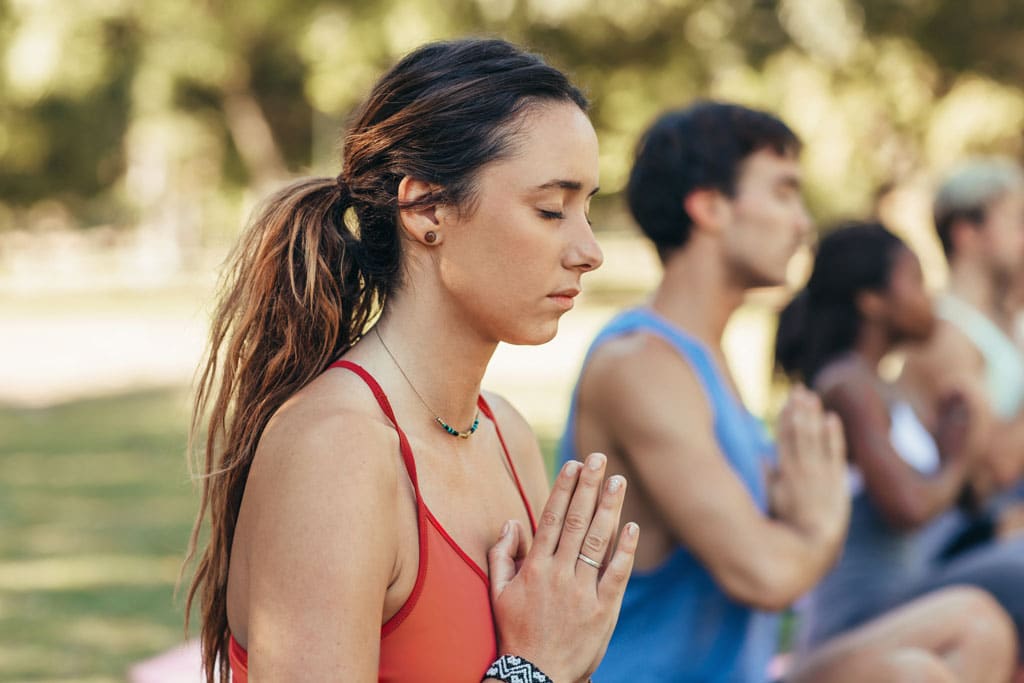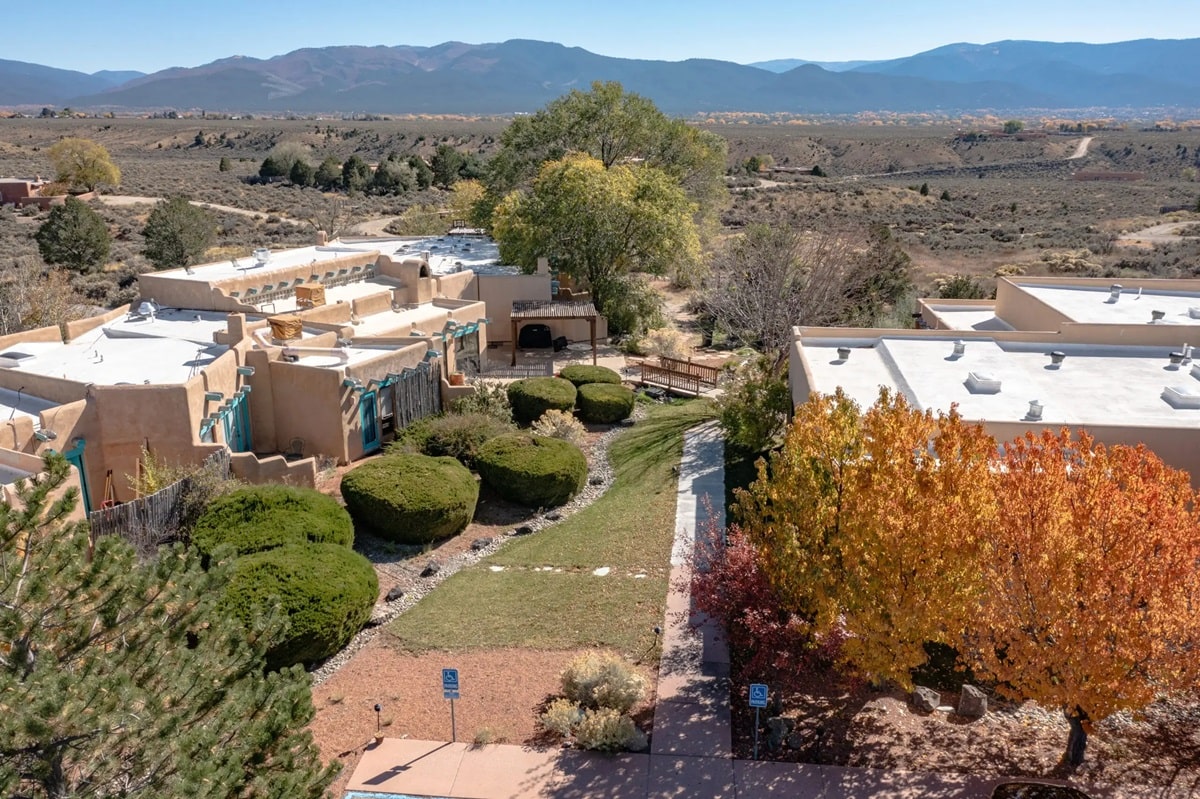Life After Rehab: Embracing Growth and Possibility
Introduction

Our Team
Learning to Navigate Life After Rehab
How We Can Help You Manage and Maintain Sober Life After Rehab
Understanding Life After Rehab
The “Honeymoon Phase”
The Ups and Downs of Progress
- Discover more about oneself
- Build confidence in one’s abilities
- Expand one’s purpose
Building a Foundation for Lasting Sobriety in Life After Rehab
Evidence-Based Psychological Treatment
Cognitive Behavioral Therapy (CBT)
"In patients with addiction, common cognitive distortions include black-and-white thinking, catastrophizing, and minimizing the consequences of substance use. CBT effectively addresses these distortions by helping individuals recognize and challenge irrational beliefs and thought patterns. Through techniques such as cognitive restructuring and reality testing, patients learn to identify the inaccuracies in their thinking and develop healthier perspectives on their behaviors and choices. By addressing cognitive distortions, CBT empowers patients to gain insight into the underlying factors driving their addiction and equips them with the skills needed to make positive changes in their lives."
Dialectical Behavior Therapy (DBT)
- Focus
- Assertiveness
- Problem-solving
- Relationship building
Motivational Interviewing (MI)
Integrative Medicine
Peer Support
Nature-Based Therapies
- Outdoor excursions
- Yoga
- Art therapy
Coping Skills Development
Important Note About Relapse
Healthy Habits for a Balanced Life After Rehab
Motivational Enhancement Therapy (MET)
- Reveals personal motivators
- Highlights discrepancies between values and actions
- Builds confidence to actualize life goals
Benefits of MET
Recreational Therapy
- Outdoor excursions
- Art
- Music
- Yoga, and more
"Recreational therapy utilizes a range of therapeutic techniques and activities to promote physical, cognitive, and emotional well-being in individuals with diverse challenges. The key principles of recreational therapy involve personalized treatment plans, meaningful engagement in recreational activities, and the integration of therapeutic goals into recreational experiences. By harnessing the power of leisure and recreation, this approach helps individuals improve functional abilities, enhance social skills, foster self-confidence, and achieve overall rehabilitation and quality of life."
Fostering Community Through Recreational Therapy
- Vulnerability
- Teamwork
- Problem-solving
Adding Enjoyment, Reducing Temptation
Sustaining Growth Beyond Treatment
Mindfulness Training
Mindfulness Practices
- Breathwork
- Body scans
- Visualization
- Mantra meditation
Support Groups
"12-step programs, such as Alcoholics Anonymous (AA) or Narcotics Anonymous (NA), provide a supportive community and structured framework for individuals seeking recovery from addiction. These programs emphasize principles such as surrendering to a higher power, admitting powerlessness over addiction, and working through a series of steps aimed at self-reflection, amends, and continued personal growth. Through regular meetings, peer support, sponsorship, and practicing the principles of the program in daily life, 12-step programs offer a path towards sustained sobriety and a foundation for positive life changes."
Transitioning into Life After Rehab
- Comprehensive aftercare planning
- A strong peer network
- Diverse community partnerships
- Alumni programs for continued healing





